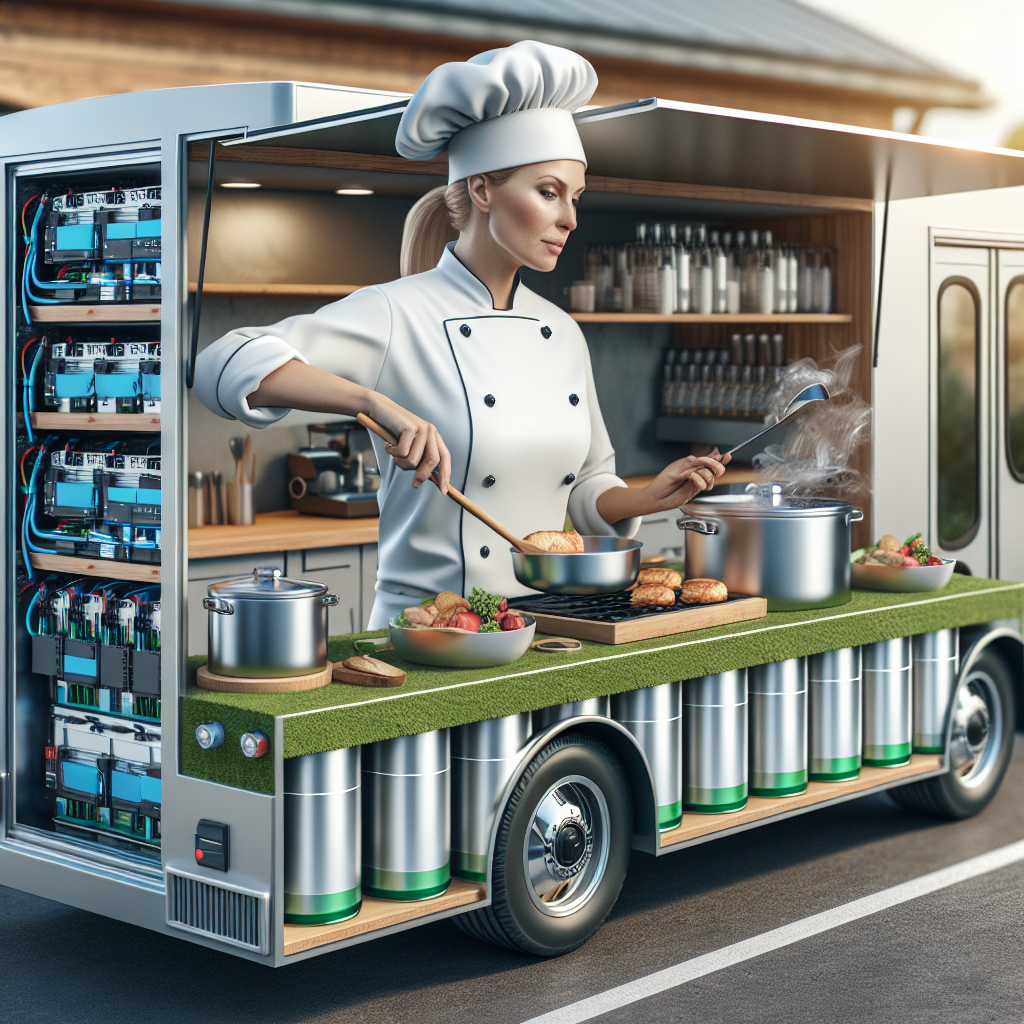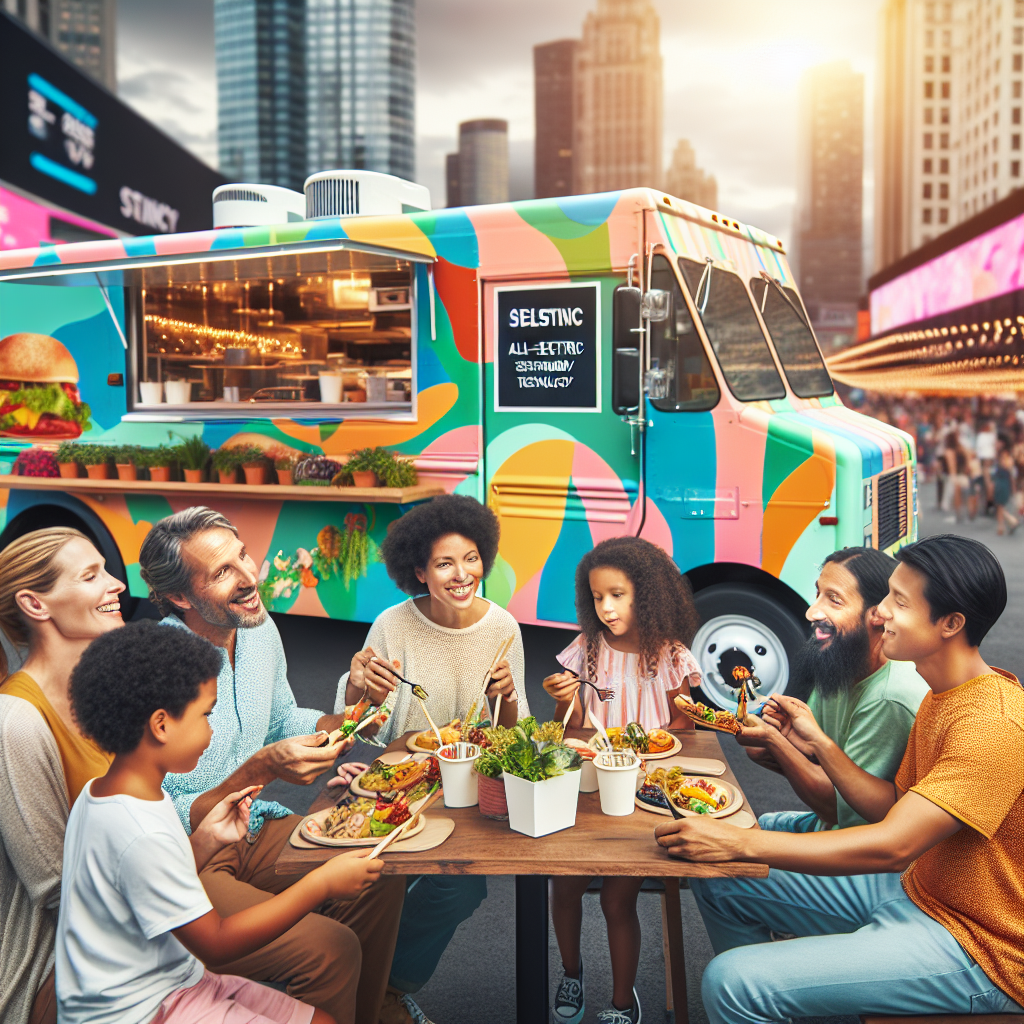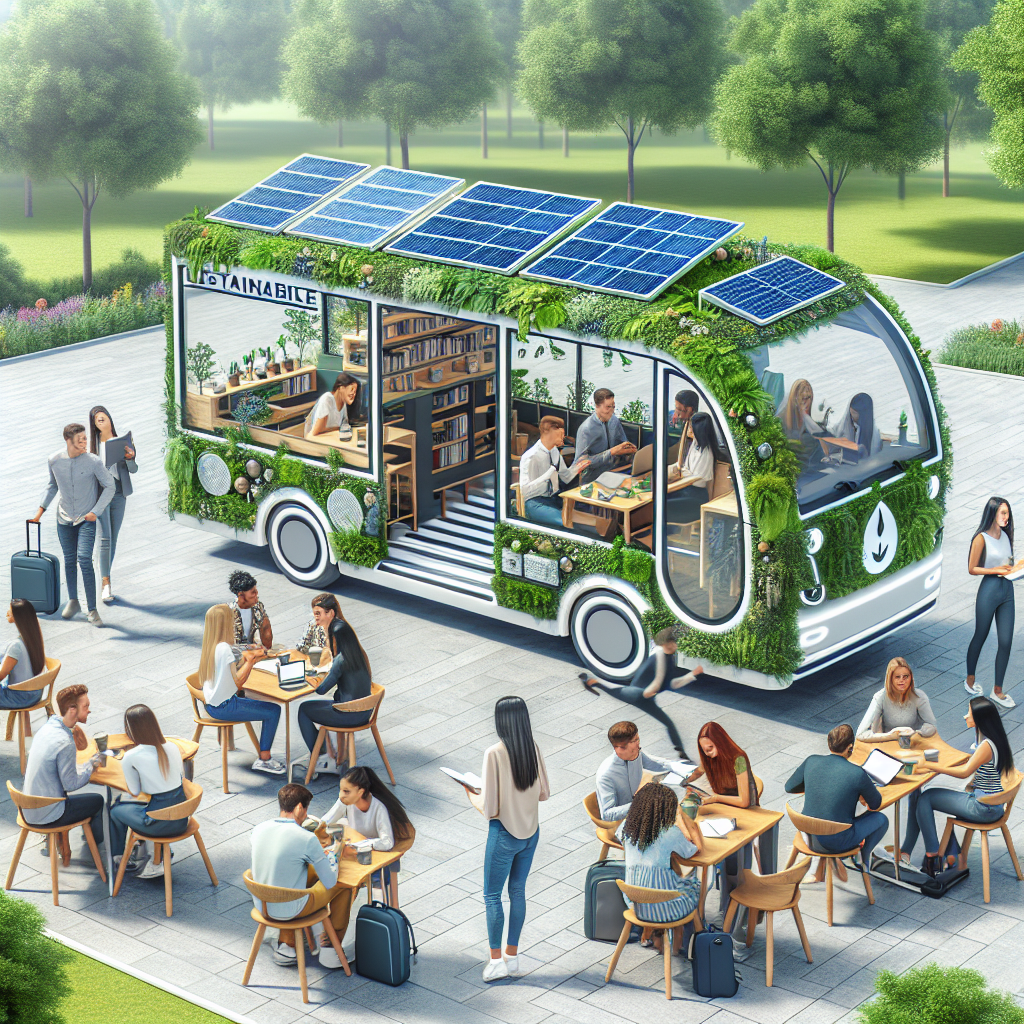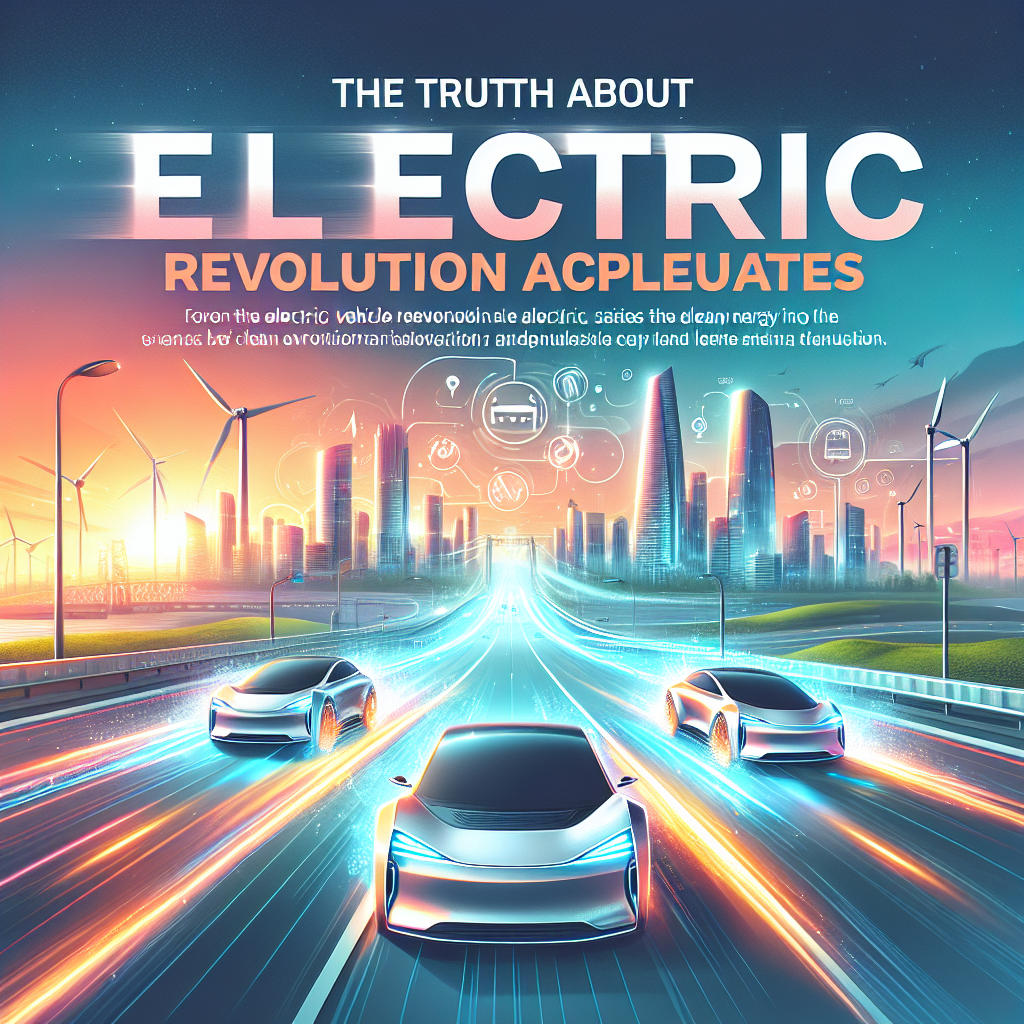The Educational Challenge
Education in today’s context isn’t just about textbooks. It extends to understanding the fastest-changing sectors of our society – including the food industry and its symbiotic relationship with technological advancements such as electric vehicles (EVs). How does a switch to EVs affect your nightly takeout or your weekend gastronomic adventure? This complex crossover space offers much to learn.
The Current System
In most cities, an intricate dance between delivery trucks, personal cars, and flourishing restaurants sets the rhythm of urban living. Diesel chugs mix with simmering sauces; traffic noise underlines clinking cutlery. But with EVs taking over roads worldwide, there’s now room for change.
Reform Proposals
Enter ‘Electric Eateries’, a concept proposing mobile restaurants powered by clean energy derived from their very own wheels! By utilizing excess battery power from EVs for cooking appliances inside these portable diners, we could redefine concession stands at cultural events or even late-night street food experience.

Implementation
Cities like Oslo and Berlin are already experimenting with this innovation: retrofitted electric vans serving scrumptious meals that don’t cost the Earth – in every sense. Innovators claim it won’t be long until we see mainstream chains adopting similar technologies.
Student Impact
Youth—always keen on trends—are thrilled by these robot-arm chefs flipping burgers in autonomous food-trucks or the thought of their pizza delivered noiselessly through electric drones. It’s a hands-on education about sustainable living, extending from classrooms to streets.
Teacher Perspectives
Educators see this as an opportunity to incorporate practical, real-world understanding into curricula – a multi-disciplinary study space where physics meets home economics! It’s more than just lip service to sustainability; students get to see it live – and taste it!

Parent Concerns
Parents, however, have reservations: what about hygiene? Are EV food trucks really that eco-friendly when you factor in battery production and disposal? The answers lie with policymakers ensuring adequate regulations for this emerging industry.
Success Stories
In Hamburg, an all-electric café serves locally grounded coffee brewed using energy from solar panels on its roof – proving that EV-powered dining can indeed be eco-effective. Meanwhile, in San Francisco, ‘EVie’s Kitchen’ has become popular among techies and environmentalists alike due to its zero-emissions delivery fleet.
Challenges Ahead
Predictably enough though, there are hurdles on the road: not every city is EV-ready yet; battery technology needs further refinement. But with innovation accelerating at top gear, these obstacles may soon be left behind.
Path ForwardThe culinary landscape of tomorrow might hold pleasant surprises fueled by electric momentum: perhaps drive-in restaurants will make a comeback with charging stations fitted per parking spot. You charge your vehicle while gorging on delicacies – sounds like an interesting future dine-out plan!


